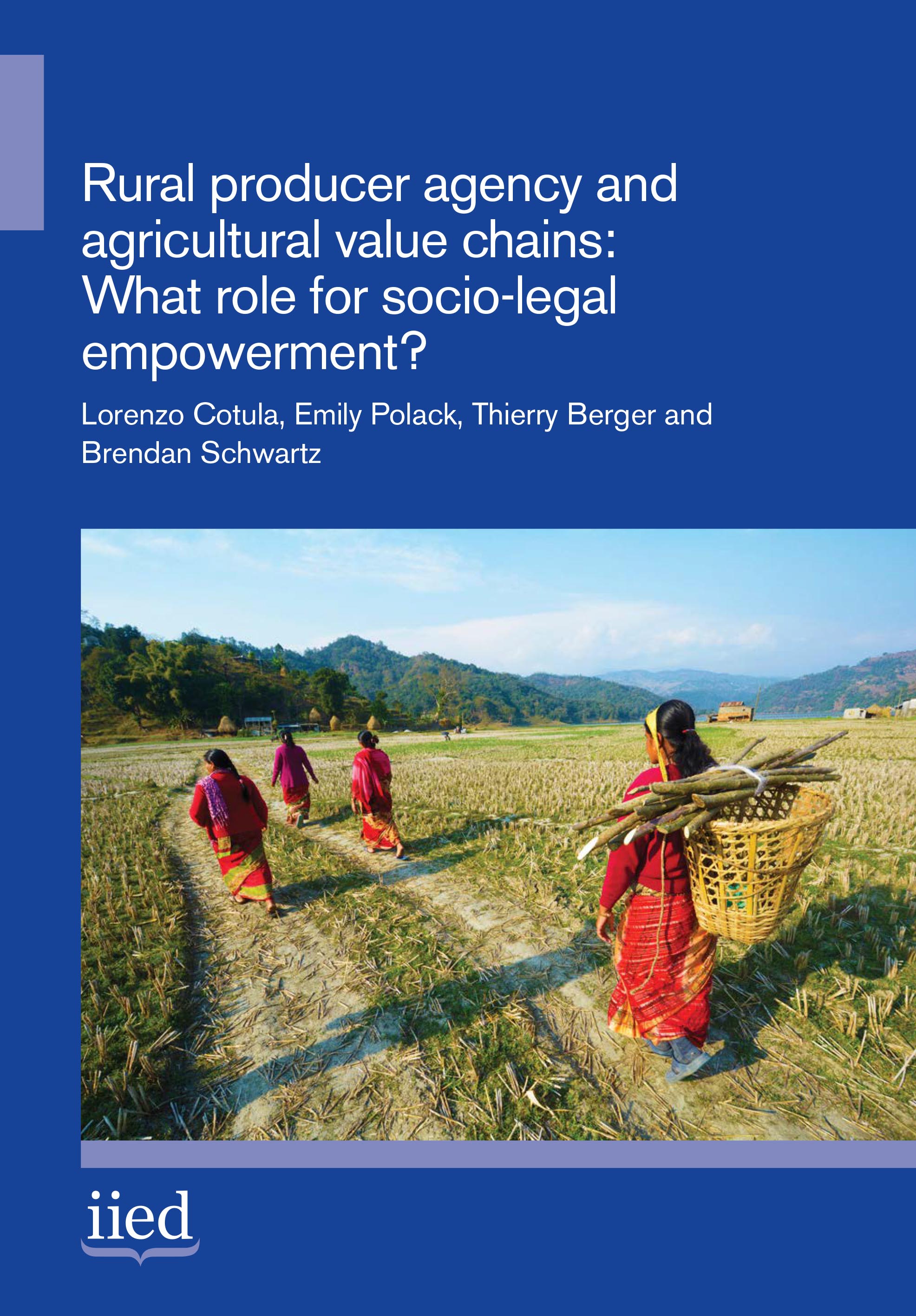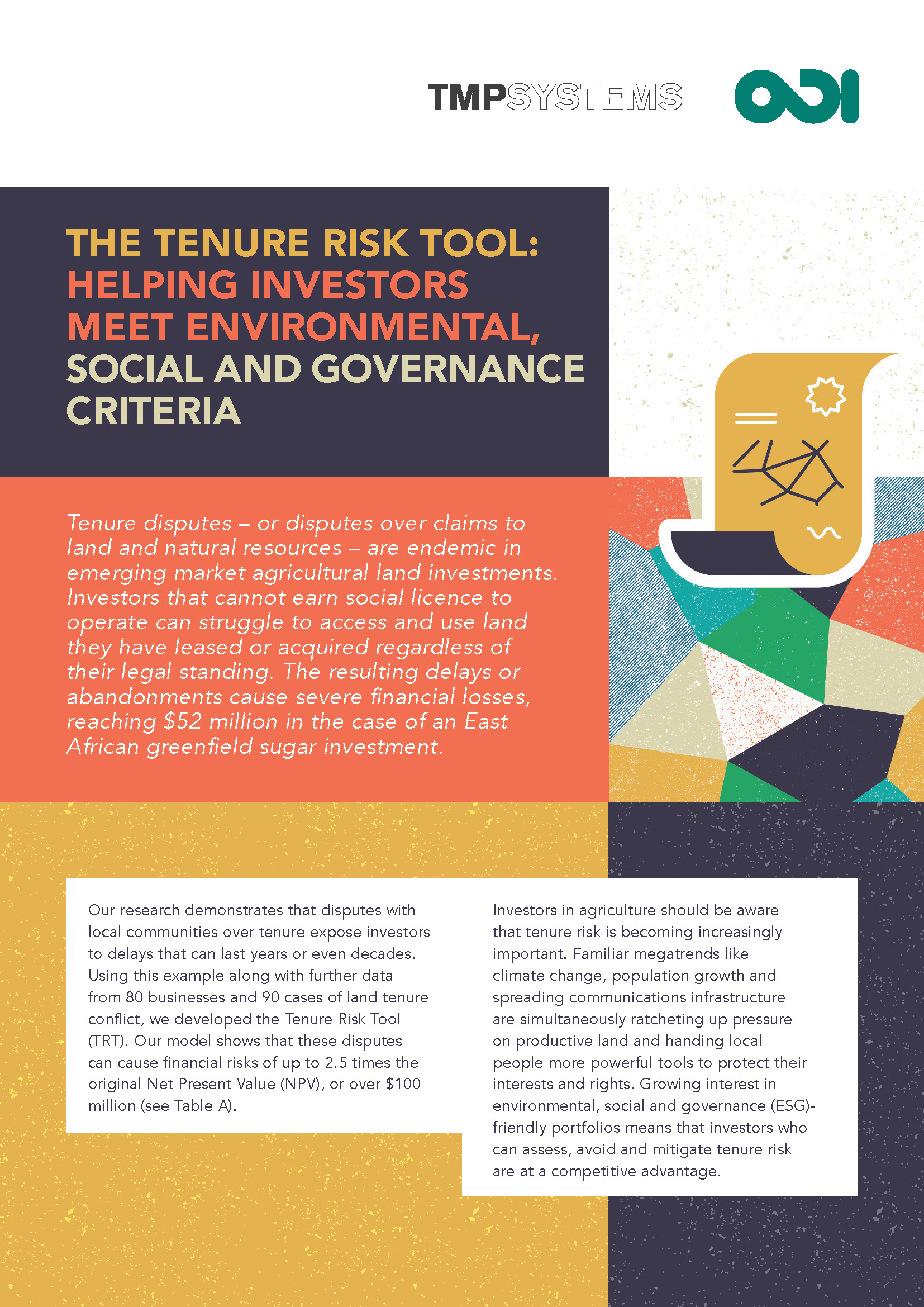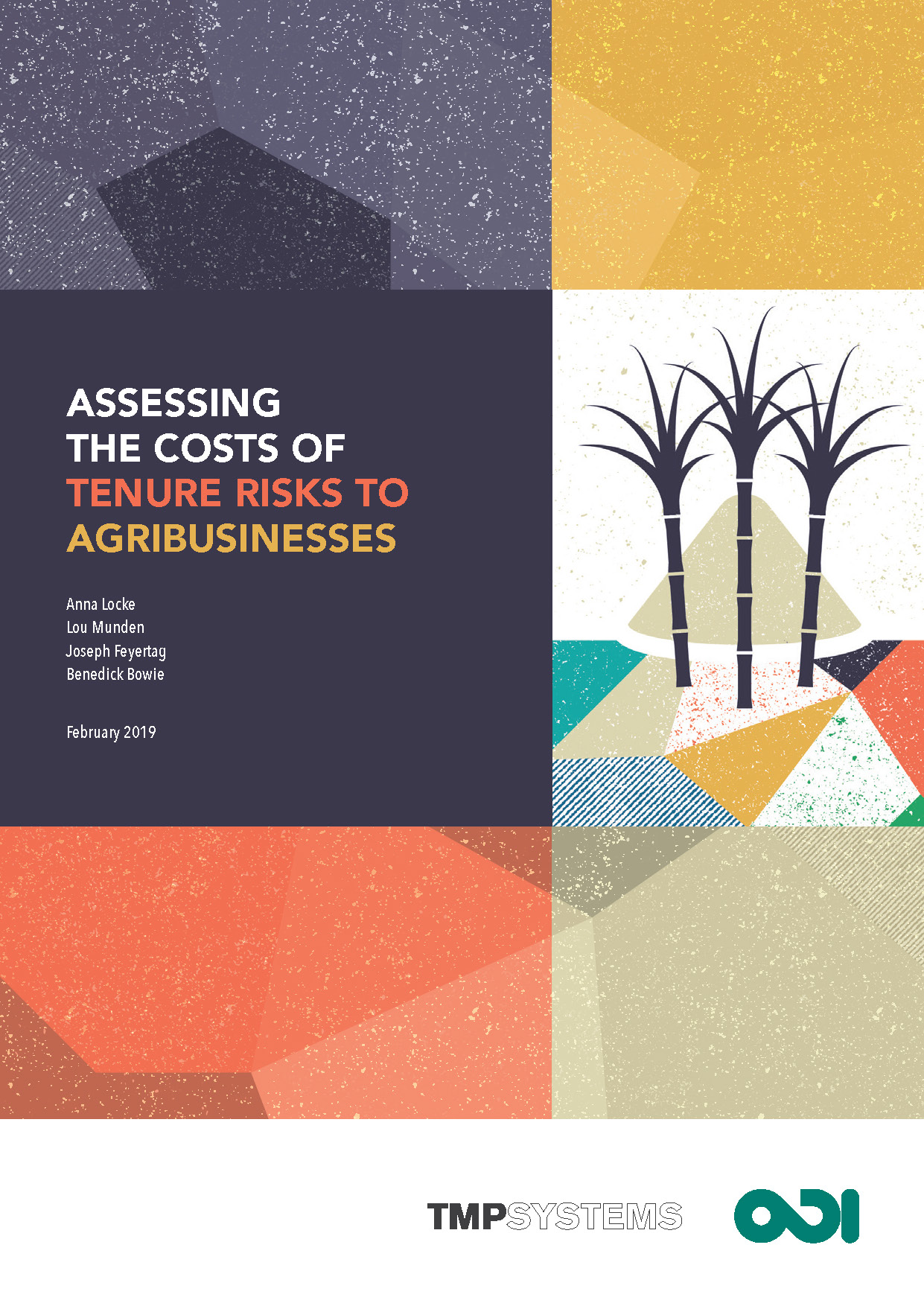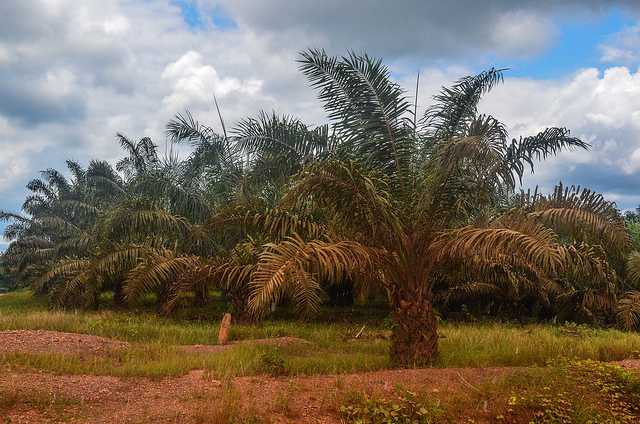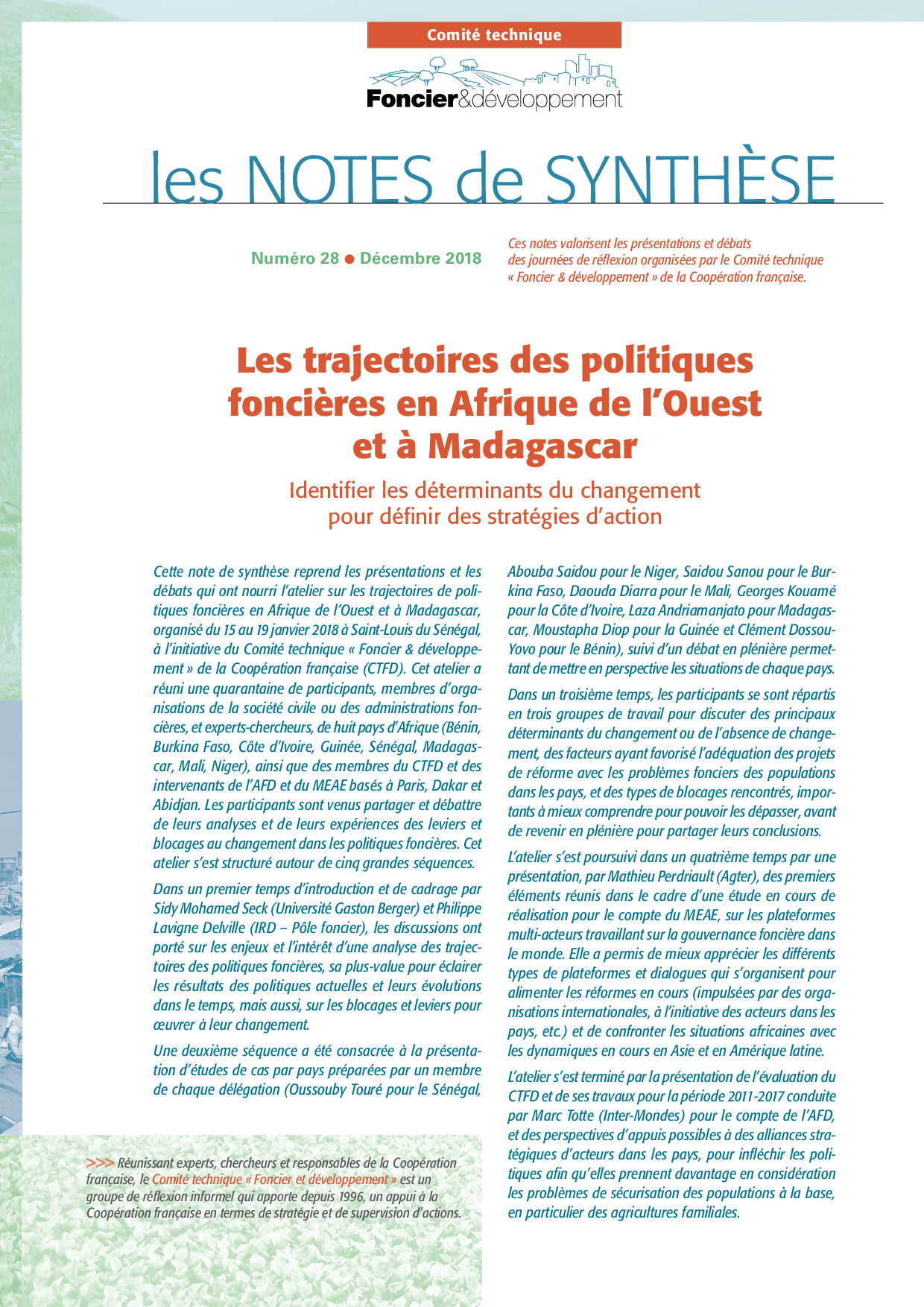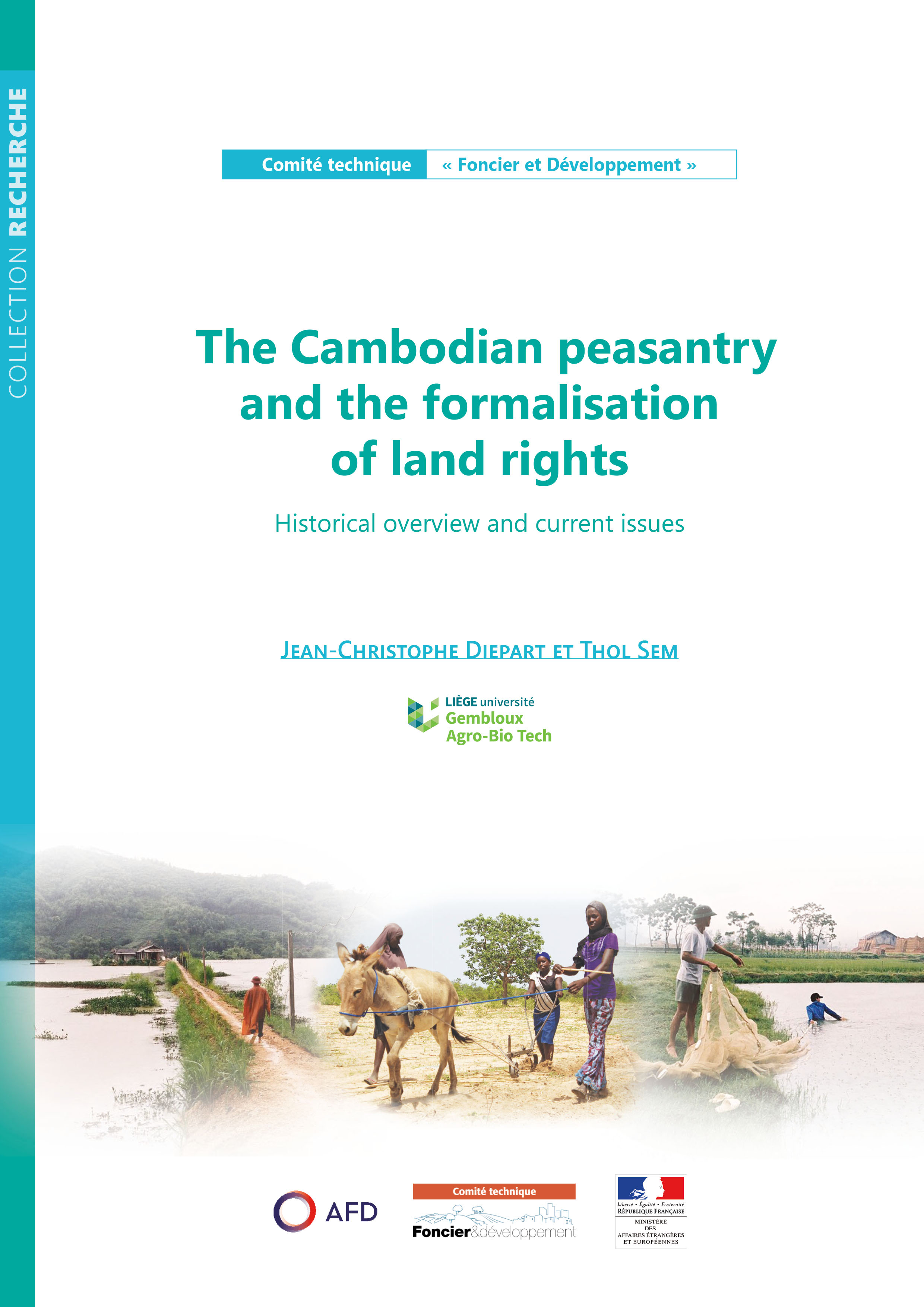Rural producer agency and agricultural value chains: What role for socio-legal empowerment?
Growing numbers of policies and programmes aim to integrate small-scale rural producers into agricultural value chains. But significant questions remain over how best to: recognise the possibly divergent visions, interests and constraints of various actors; address often substantial power imbalances; and ultimately promote agency among rural producers and their communities – that is, their ability to choose, act and influence realities around them.

